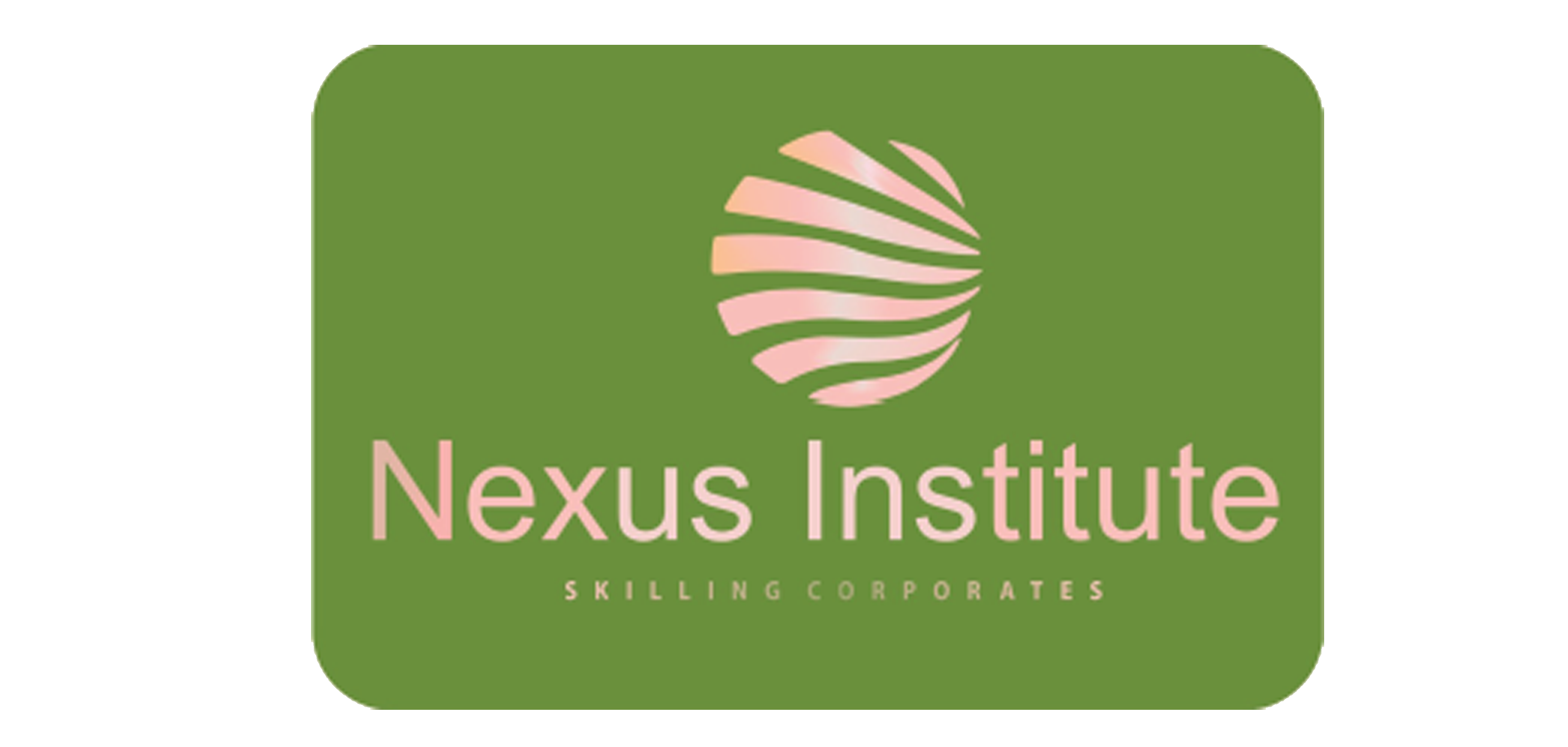Course Overview
Debt management is the process of establishing and executing a strategy for managing debt in order to realize the initially expected revenue. This helps in reducing organizational financial risks while meeting the required cost objectives and other debt management goals. This course provides an overview of debt and credit management by explaining concepts in a user-friendly language, avoiding mathematics and using simple illustrations and practical examples.
DURATION
5 Days
COURSE OBJECTIVES
Upon completion of this training course, participants will be able to:
- Communicate with a creditor after careful planning in order to handle objections from the debtor and deal with queries.
- Identify negotiating strategies in order to reach payment agreement from the debtor.
- Demonstrate effective communication as a debt collector.
- Understand the importance of recording all communications and discussions made between the debtor and the debt collector.
- Implement the negotiation steps and processes and understand the need thereof.
- Implement effective debt collecting strategies according to the code of conduct.
COURSE OUTLINE
Module 1:
Understanding company credit and debt
- Reviewing the credit cycle from application to payment
- Identifying possible causes of outstanding payments
- Assessing the impact of outstanding debt on your company’s financial results
- Identifying ways in which you can motivate your customers to pay their outstanding debts
Module 2:
Debt collection as a vital financial activity
- Completing debtor reports as an effective debt management tool
- Setting definite and realistic debt collection targets
- Comparing your debt collection results to your initial objectives
- Analyzing the return-on-investment of your debt collection activities
Module 3:
Planning and preparing for effective debt collection
- Classifying your debtors to enable a well-targeted approach Understanding the essential elements of debt collection correspondence
- Paraphrasing the “pay up or else” threat in a more effective and customer friendly fashion
- Acquiring essential skills for compiling debt collection letters, telegrams, e-mails and faxes
- Addressing your correspondence to the correct person to guarantee results
- Using the debtors classification to analyze the potential risk each debtor poses to your company
- Drawing up a collection checklist to facilitate systematic collections
- Making use of a customer card system as a comprehensive record of all debtors’ histories
- How do you decide whether to collect the debt by telephone or by letter?
Module 4:
Ensuring the success of your debt collection correspondence
- Understanding the essential elements of debt collection correspondence
- Paraphrasing the “pay up or else” threat in a more effective and customer friendly fashion
- Acquiring essential skills for compiling debt collection letters, telegrams, e-mails and faxes
- Addressing your correspondence to the correct person to guarantee results
Module 5:
Essential telephone techniques
- Ensuring that you are sufficiently prepared before dialing the debtor
- Understanding professional telephone procedure
- Dealing with angry customers and excuses
- Overcoming personal and company objectives
- Turning promises into commitments to pay
- Using agreed payment dates and reminders to ensure that the debt is paid
- Learning how to close calls amicably
Training Approach
Training in this course is delivered by our seasoned trainers who have vast experience as expert professionals in financial management. The course is taught through a mix of practical activities, theory, group works and case studies.
Training manuals and additional reference materials are provided to the participants.
Certification
Upon successful completion of this course, participants will be issued with a certificate on project financial management.
Tailor-Made Course
We can also do this as tailor-made course to meet organization-wide training needs. A training needs assessment will be done on the training participants to collect data on the existing skills, knowledge gaps, training expectations and tailor-made needs.
Training on Non-Performing Loans Management
Course Objectives
By the end of the course, participants will be able to:
- Understand alternative approaches to NPLs management and recovery structures
- Understand different NPLs recovery strategies/techniques
- Understand accounting treatment of non-performing loans and loan loss provisioning
- Understand IFRS 9 accounting standard for NPL management
Target Participants
This course is aimed at credit controllers, risk management professionals, corporate finance professionals and corporate bankers
Course Duration
Online 7 Days
Classroom-based 5 Days
Course Outline
Introduction to Non-Performing Loans
- Definition of NPL
- NPL Types
- Systematic impact of NPL
NPL Strategy
- Assessing the operating environment
- Developing the NPL strategy
- Implementing the operational plan
- Embedding the NPL strategy
NPL governance and decision making
- Steering and decision making
- NPL operating model
- Control framework
- Monitoring of NPLs and NPL workout activities
- Early warning mechanisms/watch-lists
Forbearance
- Forbearance options and their viability
- Sound forbearance processes
- Affordability assessments
NPL Recognition
- Implementation of the NPE definition
- Link between NPEs and forbearance
- Further aspects of the non-performing definition
- Links between regulatory and accounting definitions
NPL impairment in line with IFRS 9
- Overview of IFRS 9
- Overview of impairment
- Probabilities of Default considerations
- Loss Given Default considerationss
- Individual estimation of provisions
- Collective estimation of provisions
- Other aspects related to NPL impairment measurement
NPL write-offs
- Overview of NPL write-offs
- Timeliness of provisioning and write-off
- Provisioning and write-off procedures
This course is delivered by our seasoned trainers who have vast experience as expert professionals in the respective fields of practice. The course is taught through a mix of practical activities, theory, group works and case studies.
Training manuals and additional reference materials are provided to the participants.
Certification
Upon successful completion of this course, participants will be issued with a certificate.
Tailor-Made Course
We can also do this as a tailor-made course to meet organization-wide needs.



